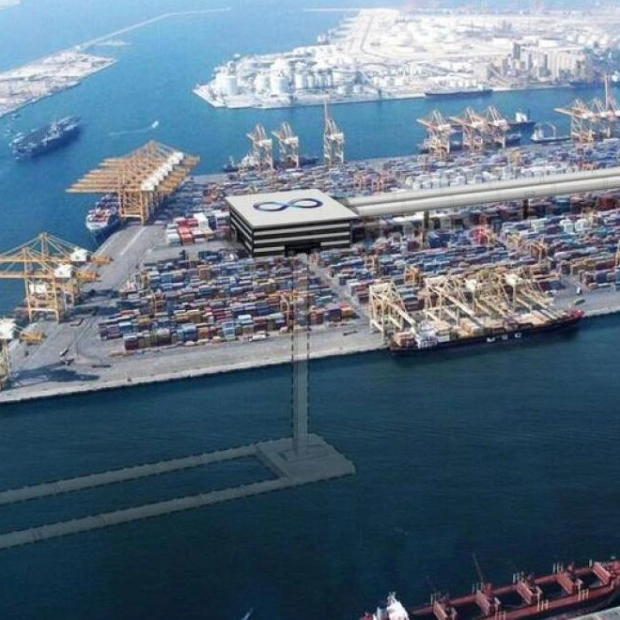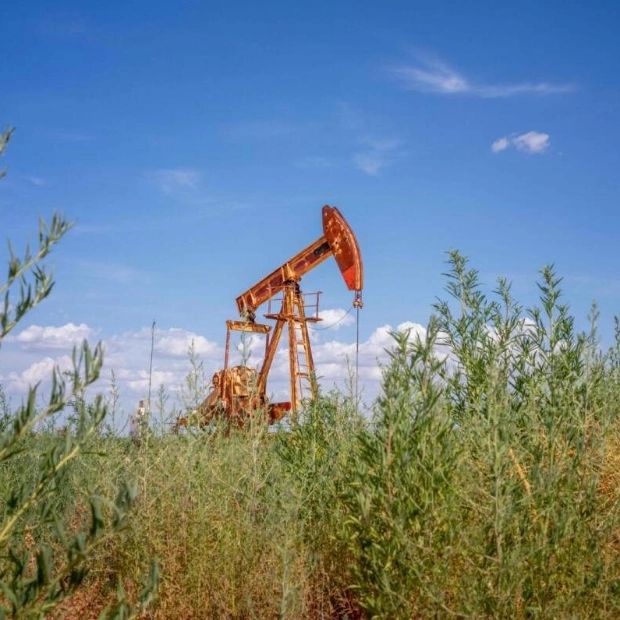Investors in portfolios have become pessimistic about the prospects for petroleum prices, as a significant reduction in inventories expected during the third quarter did not occur. Over the seven days ending July 23, hedge funds and other financial managers sold off the equivalent of 103 million barrels in the six main futures and options contracts. Total sales in the last three weeks reached 144 million barrels, according to data from ICE Futures Europe and the US Commodity Futures Trading Commission. Consequently, funds reduced their net position to 380 million barrels (19th percentile since 2013) from a recent peak of 524 million (35th percentile) on July 2. Sales were widespread across Brent (-38 million barrels), NYMEX and ICE WTI (-31 million), European gas oil (-21 million), US gasoline (-9 million), and US diesel (-5 million) in the latest week. The summer consumption peak has passed its midpoint, yet inventory depletion has been minimal. US stockpiles of crude oil and refined fuels have stayed near long-term seasonal averages recently. Excessive inventories have dampened initial bullish sentiment among traders, leading to a decline in spot prices, calendar spreads, and crack spreads. Funds are neutral or slightly bearish on US crude but have adopted a strongly bearish stance on Brent and all refined fuels. The anticipated manufacturing recovery in North America, Europe, and China has lost momentum since April, and high interest rates continue to discourage purchases of costly durable goods. On the services front, there are indications that the post-pandemic travel and tourism boom has peaked due to high prices and consumer cost pressures. The anticipated reduction in global petroleum inventories has been delayed multiple times this year and appears to be postponed again.
US natural gas investors bought futures and options linked to US gas prices for the first time in five weeks as real prices fell towards multi-year lows. Hedge funds and other financial managers bought the equivalent of 151 billion cubic feet (bcf) of futures and options linked to gas prices at Henry Hub in Louisiana over the seven days ending July 23. This small-scale buying followed sales of 980 bcf in the previous four weeks, according to regulatory filings. Natural gas inventories remain well above average for the season, showing little sign of normalization after a mild winter. Stocks are the second-highest on record for this time of year, still 479 bcf (+17% or +1.35 standard deviations) above the prior decade's seasonal average. Despite higher-than-normal temperatures, slow wind speeds, and low gas prices boosting demand, the surplus has narrowed slowly. The US air-conditioning season has passed its midpoint, limiting further depletion potential; inventories are likely to start the winter heating season higher than average. Persistent surpluses have pushed front-month futures prices below $2 per million British thermal units to maximize gas-fired generation and prevent further stock accumulation. After adjusting for inflation, front-month prices are in only the 2nd percentile since the start of the century. Ultra-low prices have prompted some fund managers to repurchase previous bearish short positions, accounting for two-thirds of recent buying. Overall, the hedge fund community remains cautious about a rebound, even from current low prices. Fund managers held a net position of just 341 bcf in the two major contracts, in the 42nd percentile since 2010.






